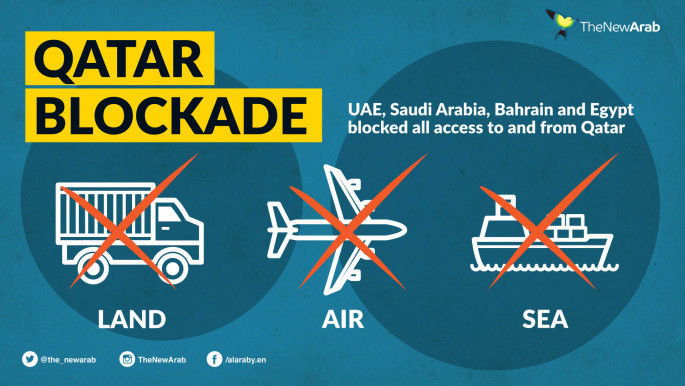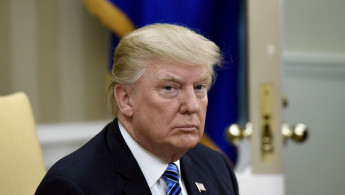Trump calls Gulf, Arab leaders to discuss ‘concerns’ over Qatar rift
Their demands include Doha ending support for the Muslim Brotherhood, the closure of Al-Jazeera television, a downgrade of diplomatic ties with Iran and the shutdown of a Turkish military base in the emirate.
 |
|
Qatar's foreign minister said last week that the recent ultimatum made by Saudi Arabia, the UAE and its allies on Doha was designed to be rejected.
"US officials and members of Congress realise that the crisis was premeditated and is not linked to counter-terrorism," he added.
Saudi Arabia and its allies announced on June 5 they were severing ties with their Gulf neighbour, sparking the worst diplomatic crisis to hit the region in decades.
They accused Doha of supporting extremism and of being too close to regional rival Iran, which Qatar has strongly denied.
US Secretary of State Rex Tillerson has urged a diplomatic solution to the crisis, and Washington has been pushing for a clear list of grievances that are "reasonable and actionable".
Signalling Washington's mounting frustration at Riyadh's role in the crisis, state department spokeswoman Heather Nauert recently called on the parties to settle their differences.
She called into question whether Qatar's alleged support for terrorism is the true cause of the crisis or whether there is an underlying political dispute in what seems to be similar concerns voiced by Doha after the Gulf nations began announcing their intentions to cut diplomatic ties.
Agencies contributed to this report.





 Follow the Middle East's top stories in English at The New Arab on Google News
Follow the Middle East's top stories in English at The New Arab on Google News
![The UAE is widely suspected of arming the RSF militia [Getty]](/sites/default/files/styles/image_330x185/public/2024-11/GettyImages-472529908.jpg?h=69f2b9d0&itok=Yauw3YTG)
![Netanyahu furiously denounced the ICC [Getty]](/sites/default/files/styles/image_330x185/public/2024-11/GettyImages-2169352575.jpg?h=199d8c1f&itok=-vRiruf5)
![Both Hamas and the Palestinian Authority welcomed the ICC arrest warrants [Getty]](/sites/default/files/styles/image_330x185/public/2024-11/GettyImages-2178351173.jpg?h=199d8c1f&itok=TV858iVg)